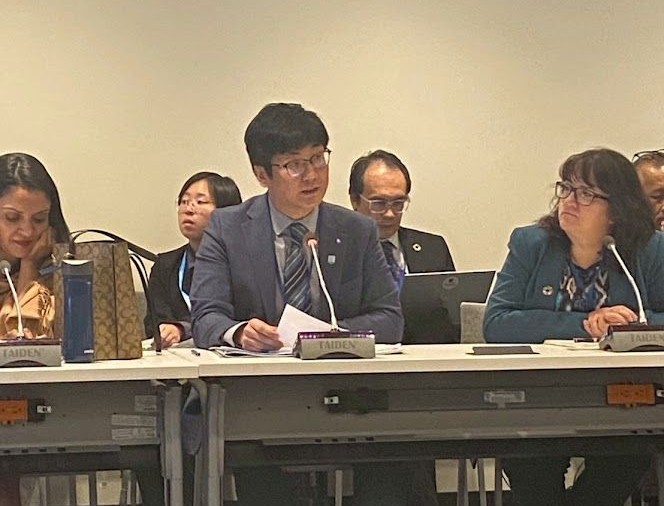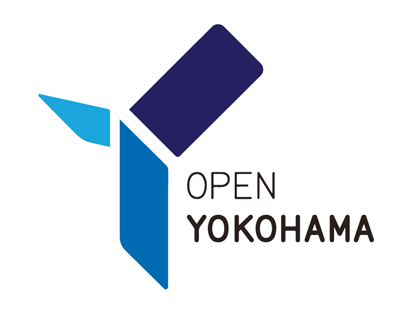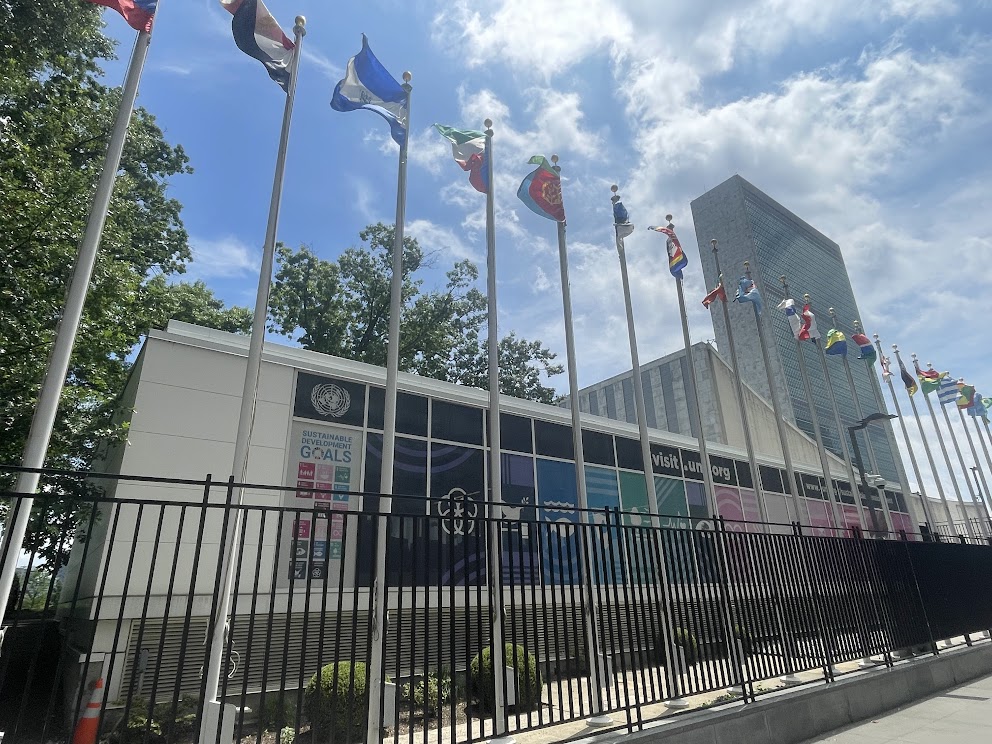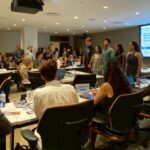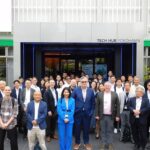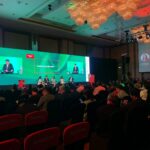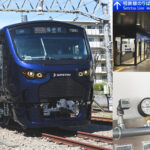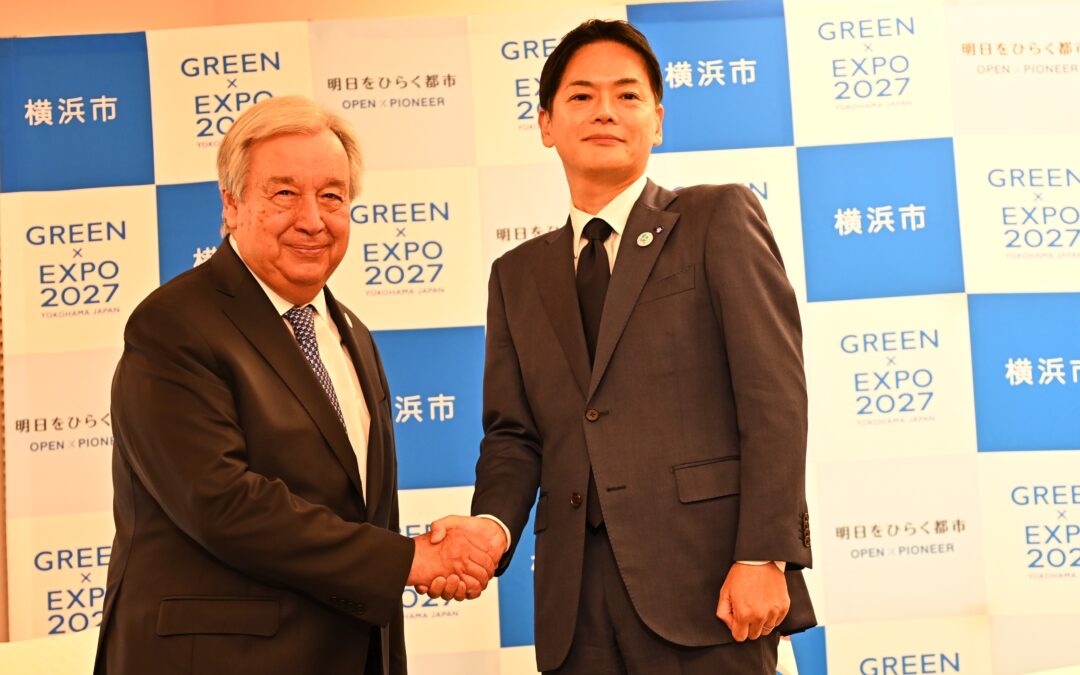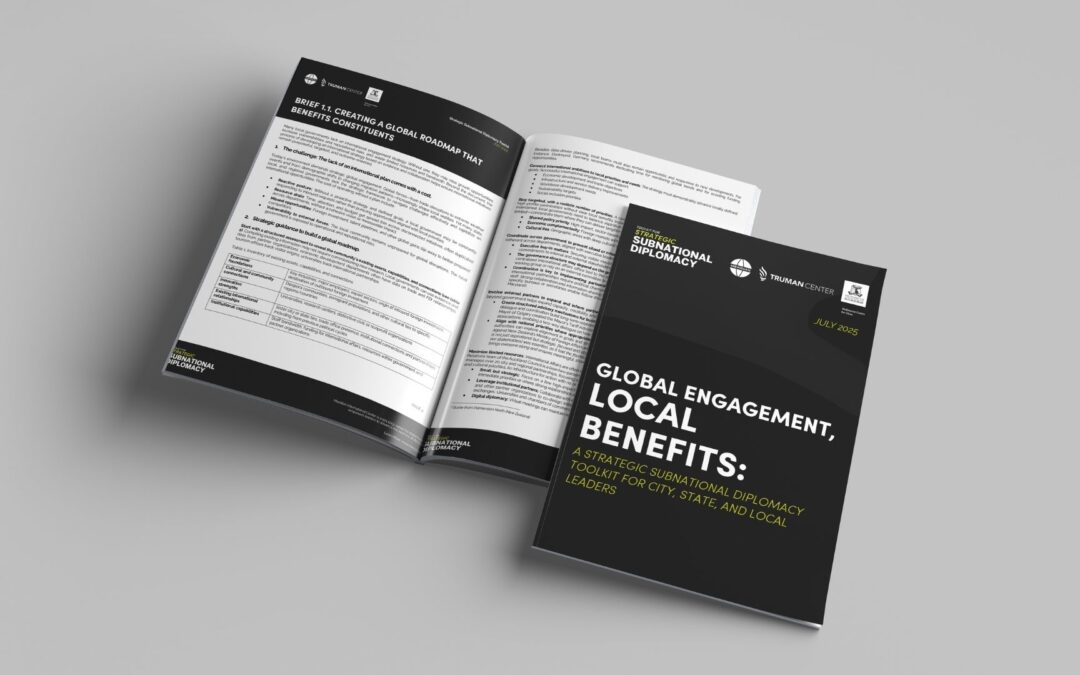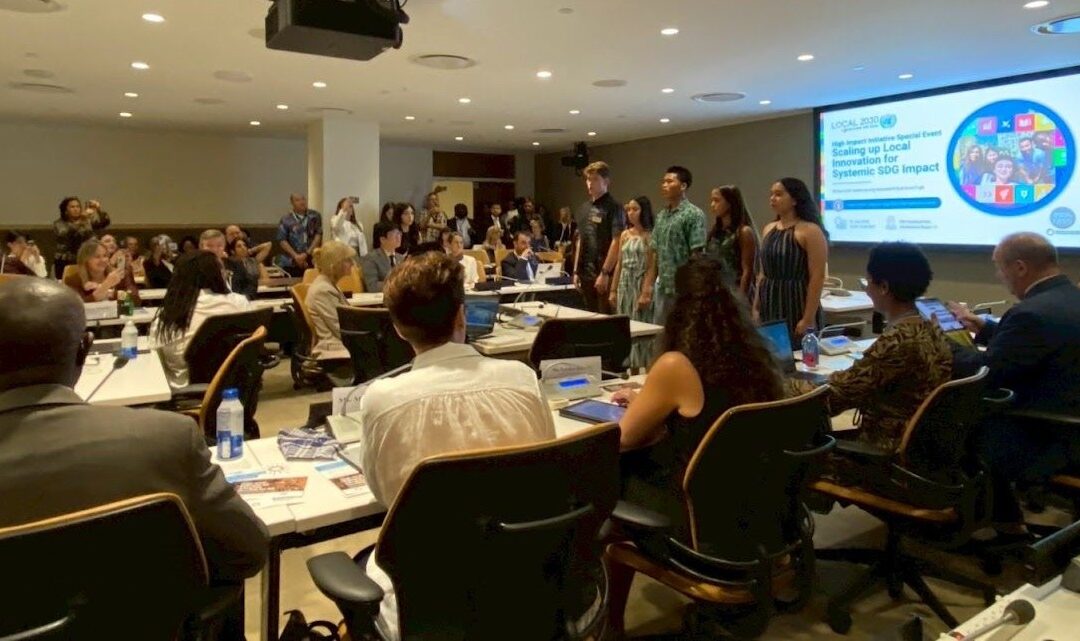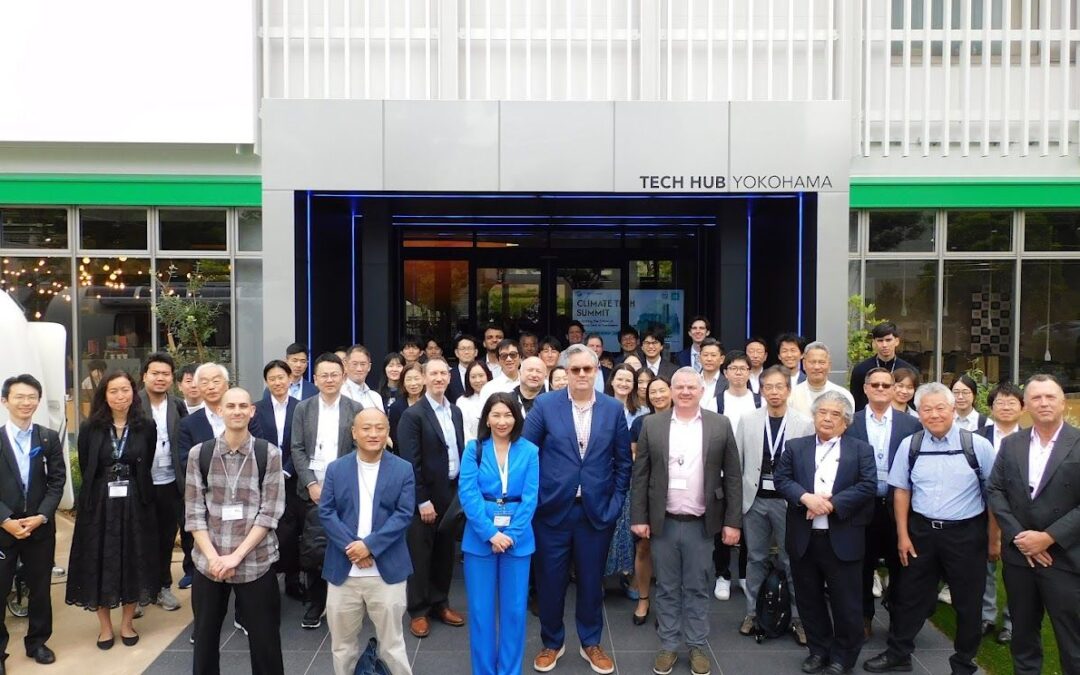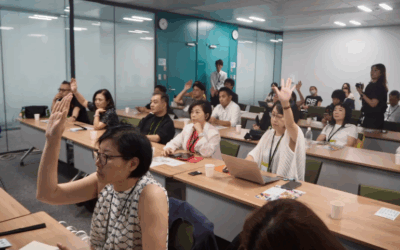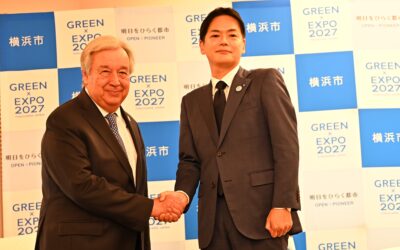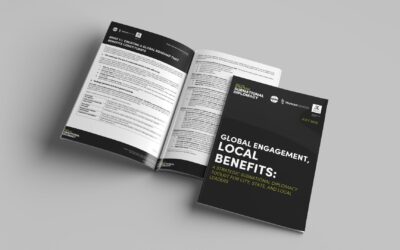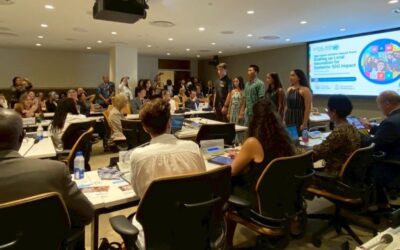The United Nations High-Level Political Forum on Sustainable Development (HLPF) serves as the central global platform to review progress on the Sustainable Development Goals (SDGs). Held every July at the UN Headquarters in New York, it brings together a wide array of stakeholders, including national governments, international organizations, local authorities, civil society, and academia.
Among the key outreach opportunities during HLPF are the Official Side Events, organized by UN Member States, international organizations, local governments, and NGOs. These sessions offer a valuable space to showcase innovative practices and lessons learned in SDG implementation, and are officially listed in the HLPF program, making them highly visible and influential.
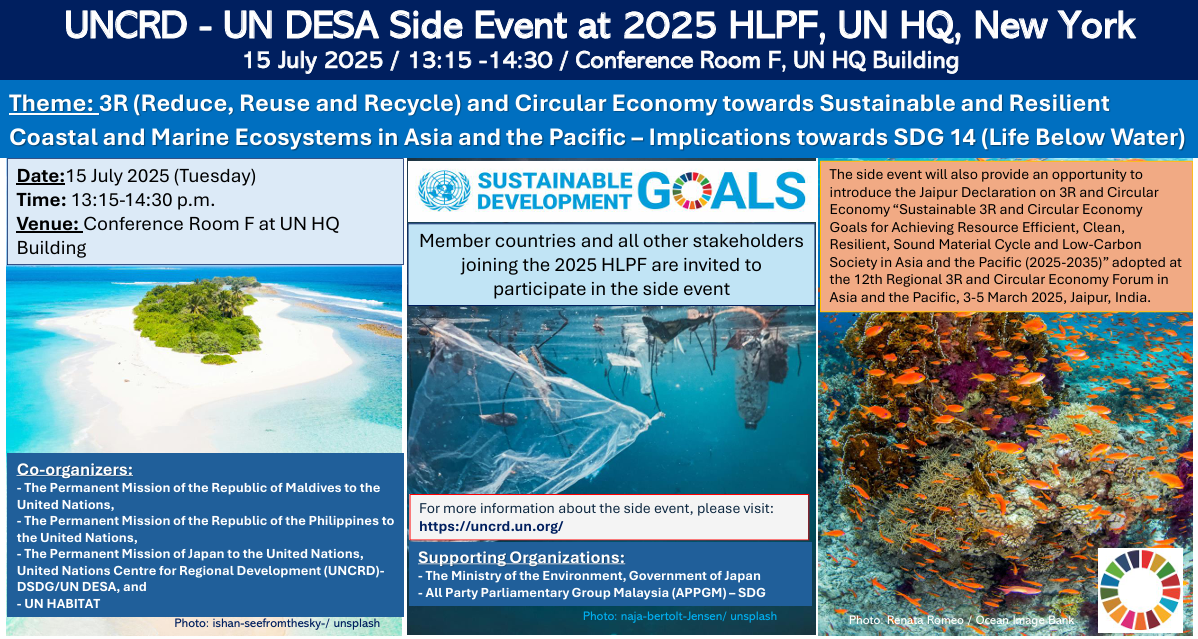
One such event, titled “3R (Reduce, Reuse and Recycle) and Circular Economy towards Sustainable and Resilient Coastal and Marine Ecosystems in Asia and the Pacific – Implications towards SDG 14 (Life Below Water)”, was hosted by the United Nations Centre for Regional Development (UNCRD) and United Nations Department of Economic and Social Affairs (UN DESA) on 15 July 2025 at the UN Headquarters. This session focused on how circular economy strategies and resilient marine and coastal ecosystems can be advanced through local action, addressing global challenges such as climate change, plastic pollution, and biodiversity loss. Representatives from national and local governments, civil society, and technical experts shared practical examples, and the Office of the City of Yokohama Representative to the Americas, based locally in New York, participated in the discussion.
Yokohama’s presentation outlined two strategic pillars: addressing the sources of marine plastic pollution and conserving and restoring coastal and marine ecosystems. To realize these goals, the City emphasized the importance of community participation and the convening power of local governments.
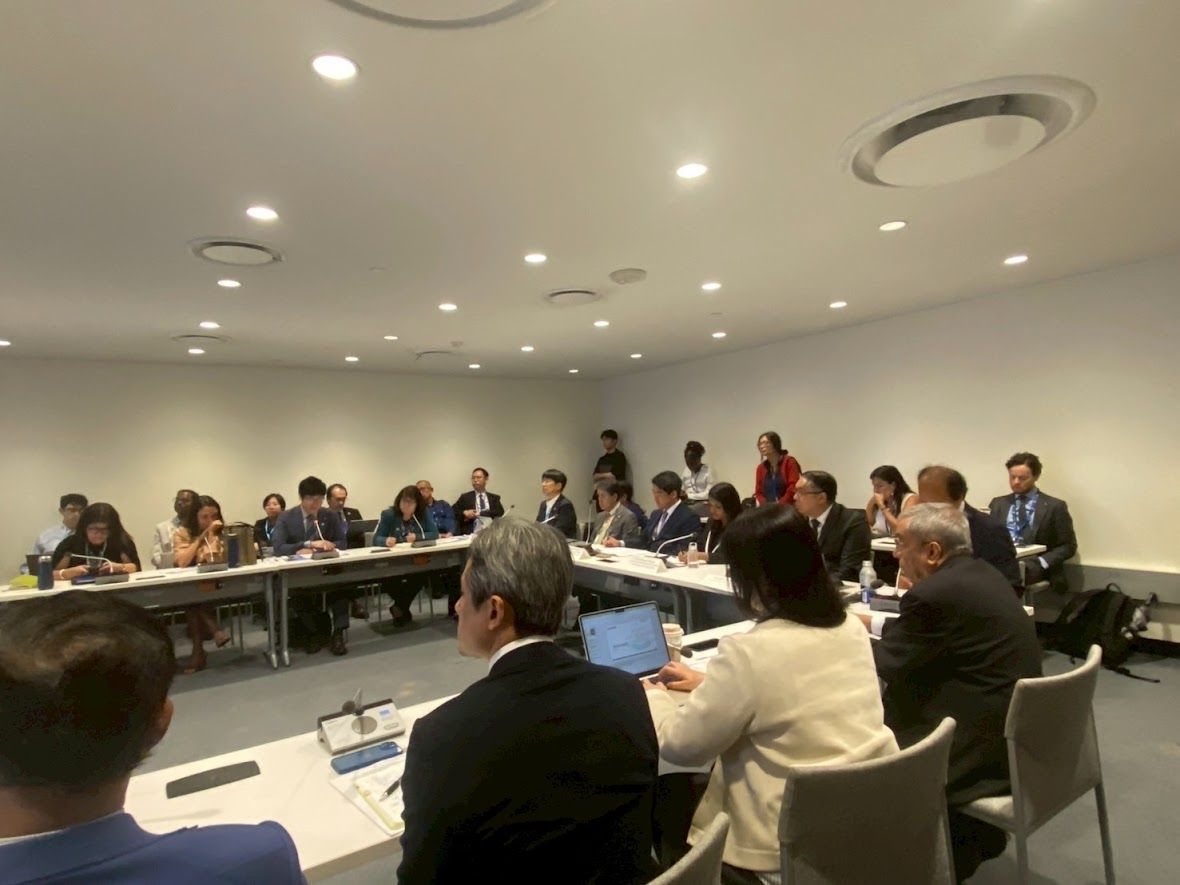
For tackling marine plastic pollution, Yokohama shared its successful waste reduction policy: between 2001 and 2010, the city reduced household waste by 43%, despite population growth. This achievement was made possible through collaboration with over 2,800 local volunteer groups and more than 15,000 waste-sorting workshops organized by the city administration—underscoring the power of civic engagement and institutional support. Further, the city introduced a new plastic separation system, projected to reduce CO₂ emissions by 14% within a year.
Turning to the conservation of coastal and marine ecosystems, Yokohama highlighted a new pilot project utilizing its 140-kilometer waterfront. In partnership with private companies, the city is testing seaweed-based ecological restoration by installing wakame-seeded ropes on seawalls to study CO₂ absorption and water purification effects. The city also promotes public awareness of blue carbon through hands-on events—such as educational outreach during the annual international triathlon and tasting sessions featuring wakame harvested by local fishery cooperatives.
Yokohama also introduced its international cooperation efforts to promote a circular economy. The city’s long-standing leadership of the Asia Smart City Conference (ASCC) was highlighted, along with its technical collaboration with Mandaue City in the Philippines. With Yokohama’s support, Mandaue improved its waste separation and plastic recycling systems, resulting in a reduction of over 4,500 tons of waste and 3,000 tons of CO₂ emissions in 2023.
Looking forward, Yokohama expressed strong expectations for GREEN×EXPO 2027, an international exposition officially recognized by the Bureau International des Expositions.The EXPO will serve as a global hub to accelerate the circular transition. Yokohama reaffirmed its commitment to achieving “half carbon” by 2030 and full decarbonization by 2050, working together with international partners to build cities that are circular, inclusive, and resilient.
The event also featured speakers from other local and national entities, including the Maldives, Toyota City (Japan), and Malaysia, who presented their respective initiatives. Yokohama’s multi-faceted approach, combining citizen engagement with coastal ecosystem recovery, received interest and positive feedback from fellow participants.
Yokohama will continue to actively engage in international platforms like HLPF, both sharing its own practices and learning from others, with the aim of connecting local solutions to global sustainability goals. The City of Yokohama Americas Office remains committed to supporting these efforts through international outreach and partnerships, particularly in North America.
